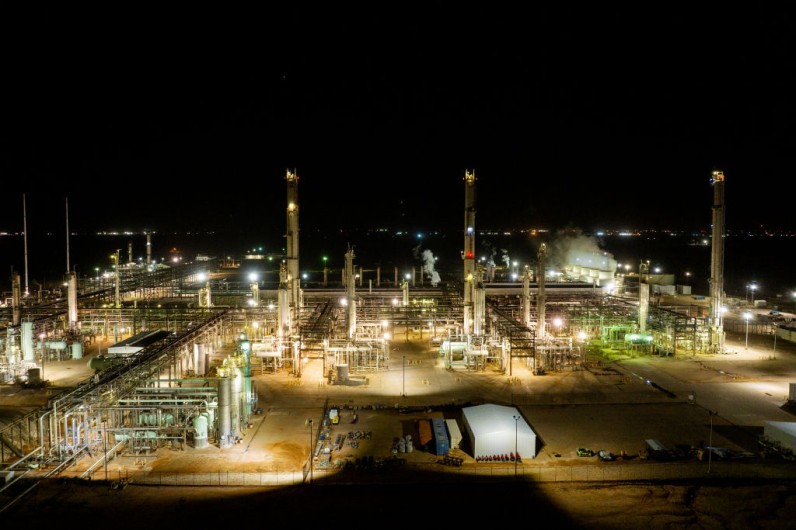
The US regional banks are increasing their loans to oil, gas, and coal clients, filling the gap left by European lenders' withdrawal due to climate concerns.
Yahoo Finance reports that banks like Citizens Financial Group Inc., BOK Financial Corp., and Truist Securities Inc. have ramped up their fossil-fuel lending, climbing the ranks in this sector. This shift reflects a change in the USUS banking dynamic amidst stricter climate regulations, with regional lenders stepping in as European banks pull back.
Some European banks tightening restrictions on fossil-fuel clients do not deter USUS regional banks. They are seizing these opportunities in states with anti-ESG laws, like Oklahoma, where BOK Financial has become one of the top dealmakers in fossil fuels.
Additionally, private credit managers are increasingly entering the fossil-fuel lending space, suggesting that financing in this industry will continue even if traditional banks pull back.
The Biggest Lenders to Oil, Gas, and Coal Companies
In Europe, Paribas SA and ING Groep NV are some of the biggest lenders to oil, gas, and coal companies NV.
Meanwhile, USUS includes Wells Fargo & Co., Bank of America Corp., and JPMorgan Chase & Co., according to Bloomberg data. These Wall Street giants dominate the field, but as smaller regional bank companies step up to cover European lenders, the dynamics may shift.
If more small regional banks increase their lending to oil, gas, and coal companies, it could lead to these companies continuing to access credit at competitive prices. This could challenge assumptions around divestment policies and indicate that fossil fuel companies are still finding alternative sources of finance despite concerns about climate change.







Join the Conversation